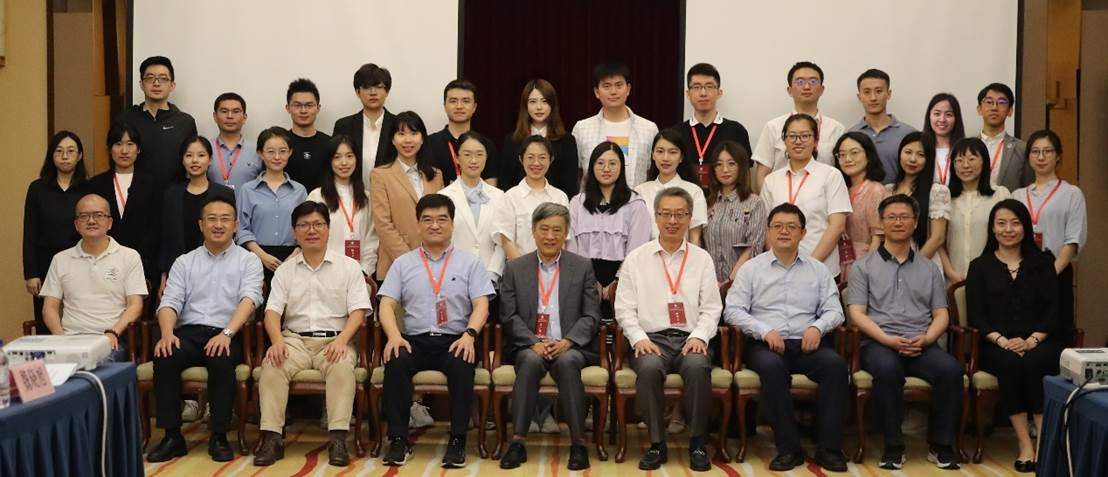From June 19th to 20th, The seminar entitled “2021 International Law Teachers and Students Forum: International Law Dimensions of China-US Relations” was held in Changchun. The seminar was organized by Jilin University Law School, Jilin University Human Rights Center and Jilin University International Law Center. Forum guests consist of Professor Liao Shiping from Beijing Normal University Law School, Professor Cai Congyan from Fudan University Law School, Professor Huang Zhixiong from Wuhan University Law School, Professor Zhao Jun Zhejiang University Guanghua Law School, Professor Liu Huawen from Institute of International Law of Chinese Academy of Social Sciences, Professor Lu Guangjin, Professor He Zhipeng, Professor Wang Yanzhi and Associate Professor Yao Ying from Jilin University and several PhD students and masters students. With the guidance of Xi Jinping Thought on the Rule of Law, teachers and students deeply concerned on the major issues and frontier issues of international law, and discussed how China’s international law should be integrated into the world in the new era.
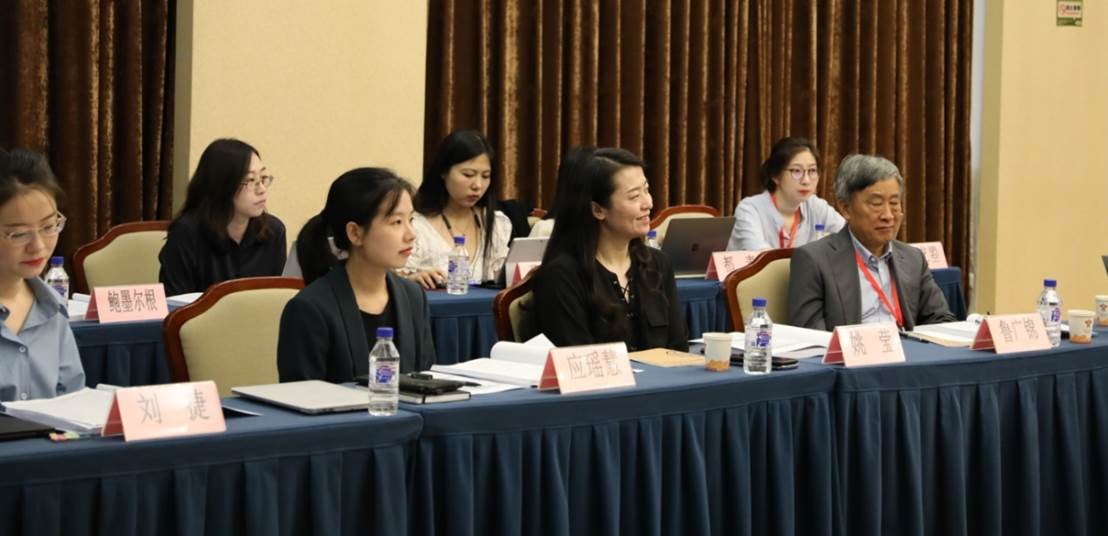
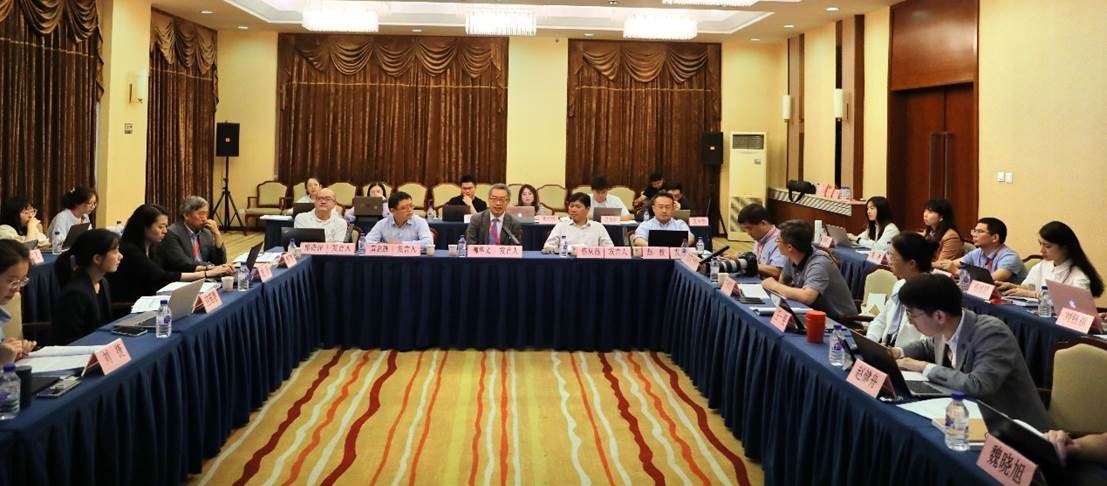
Professor He Zhipeng of Jilin University Law School presided over the keynote speech. Professor Liu Huawen analyzed the legal war between China and the United States from the perspective of human rights law, and pointed out that at the present stage of China’s development, it is in line with the needs of China’s development to put forward the construction of a community with a shared future for mankind. Professor Huang Zhixiong sorted out the dimension and evolution of international law of Sino-US cyber relations, and analyzed the focus of international law. From the perspectives of community and individual, law and politics, goodwill and malice, Professor Liao Shiping explains the formation and practice of Sino-US legal war. Professor Cai Congyan analyzes the development of the spectrum of American international legal system in the context of the change of international power pattern from the perspectives of liberal theory of international law and authoritarian international law. Professor Zhao Jun narrated the Chinese mode orientation, thinking and path of international law innovation, and understood and read the function of international law from the three dimensions of history, reality and development. Finally, Professor He Zhipeng described the similarities and differences between China and the United States in the view of international law, and made an understanding of the cognitive differences between the two sides in the system of international law, operation of international law, development of international law and role of international law, and further analyzed the causes of these differences.
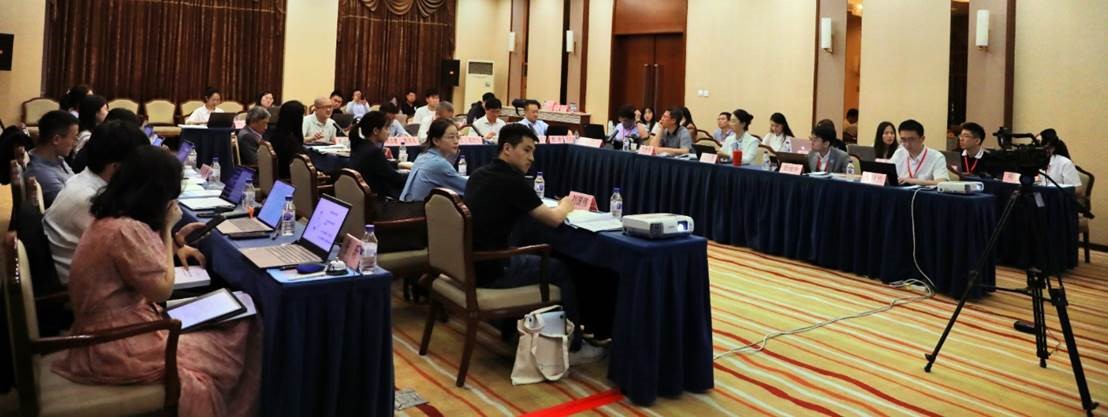
The first topic is about the collision between international law and domestic affairs, presided over by Wei Xiaoxu, a PhD candidate of Jilin University Law School. Four candidates, Gu Tianjie from Zhejiang University Guanghua Law School, Liu Jie from Xiamen University Law School, Sun Yunyun from Wuhan University Law School, and Zhou Meng from Jilin University Law School, respectively delivered an academic speech. They concerned on domestic law in legal warfare, type transformation of transnational administrative law enforcement, international law rules of cyber espionage from the perspective of sovereignty, and the tendency of investment facilitation. On the basis of affirming the detailed content of each student’s paper, Professor Zhao Jun put forward the suggestion that the size of the topic should be appropriate for paper writing, reminding students to pay attention to the combination of theory and practice in the paper research, and to provide advice for practice.
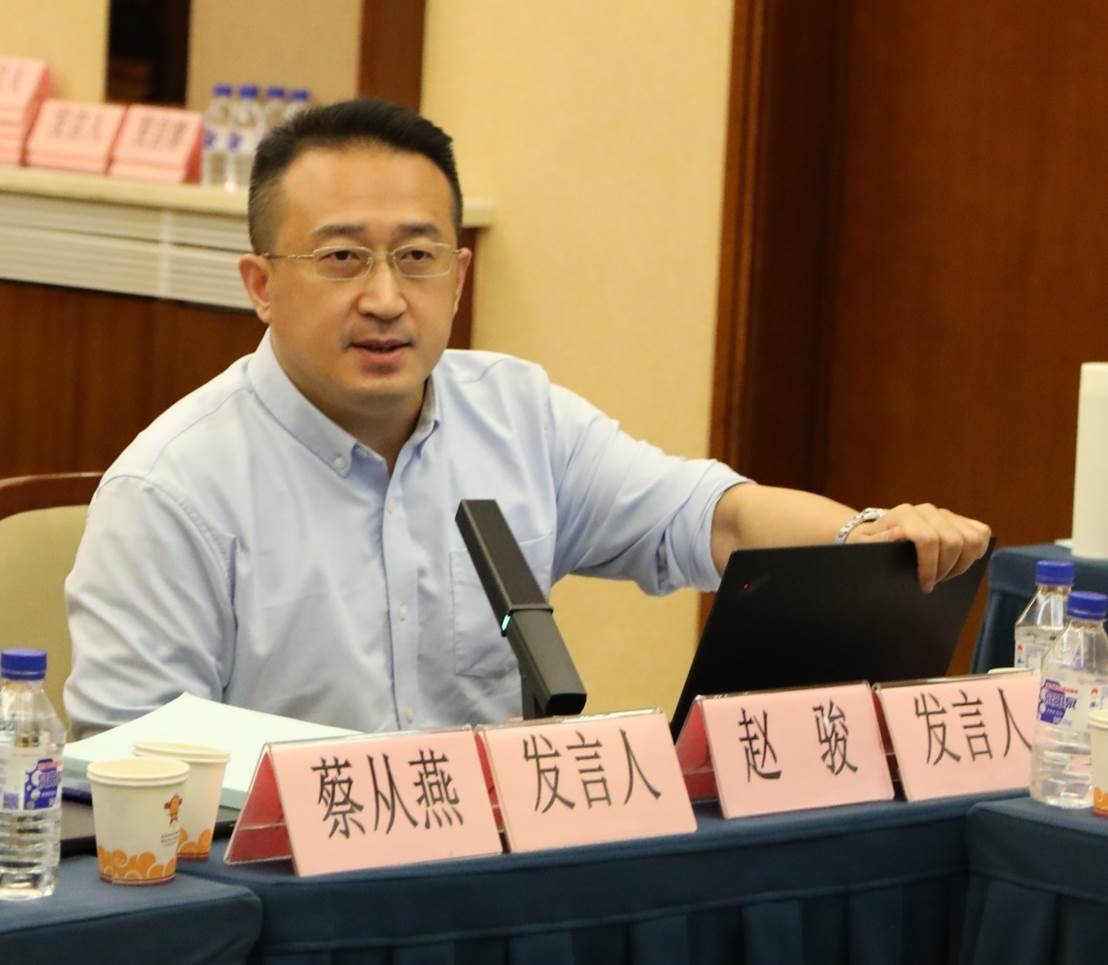
The second topic is about the foundation and research of international law, presided over by Ying Yaohui, a PhD candidate of Wuhan University Law School. Four candidates, Lou Lin from Zhejiang University Guanghua Law School, Peng Kun from Wuhan University Law School, Wang Yizhao from Jilin University Law School, and Wei Xiaoxu from Jilin University Law School, respectively delivered an academic speech. They focused on commonality and difference between China and western international law studies, OEWG information security work, the criteria of justice, and enlightenment of Marxism to the development of international law. Professor Cai Congyan and Professor Wang Yanzhi pointed out the problems of several students’ papers based on the topic selection, structure, academic significance and research methods. Professor Cai Congyan suggested that students focus on topic selection and avoid the risk of choosing too many topics. Professor Wang Yanzhi suggested that students should be precise in their language and concise in their opinion extraction.
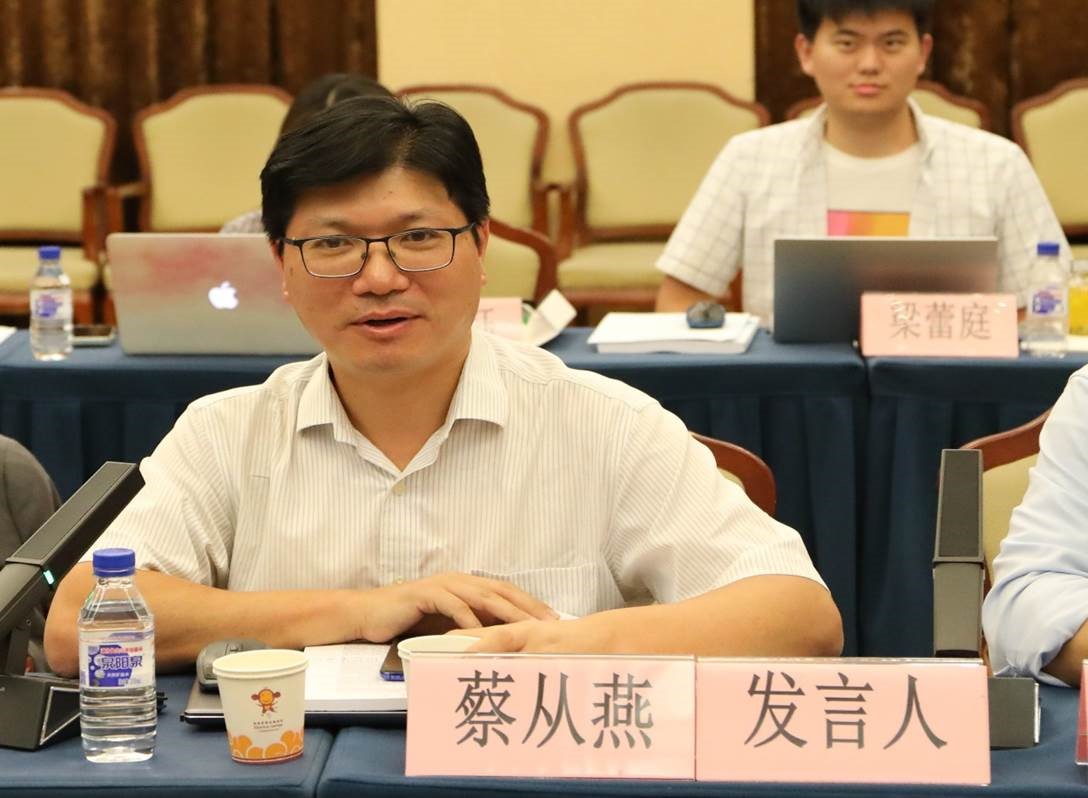
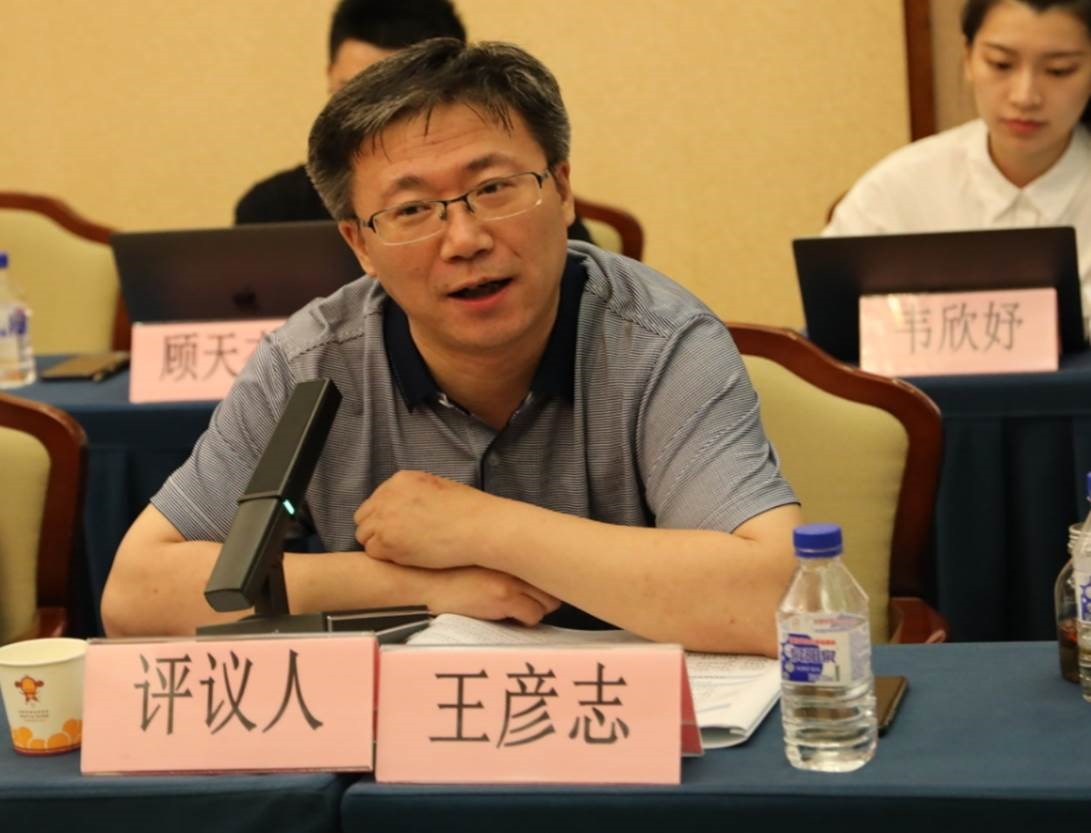
The third topic is about the development of international law legal basis, presided over by Liu Guowei, a PhD candidate of Zhejiang University Guanghua Law School. Four candidates, Geng Siwen from Jilin University Law School, Meng Linghao from Zhejiang University Guanghua Law School, Shen Tianjiao from Jilin University Law School, and Ying Yaohui from Wuhan University Law School, respectively delivered an academic speech. They related and analyzed the necessity of soft law in international humanitarian law, “package deal” in international law making, how international soft law is observed international governance and theory and practice of international law making in cyberspace. As the reviewer of this topic, Professor Huang Zhixiong pointed out that a comparative perspective should be added to the writing of academic papers, and reader-friendly articles should be written. He also focused on teaching students the method of abstract writing.
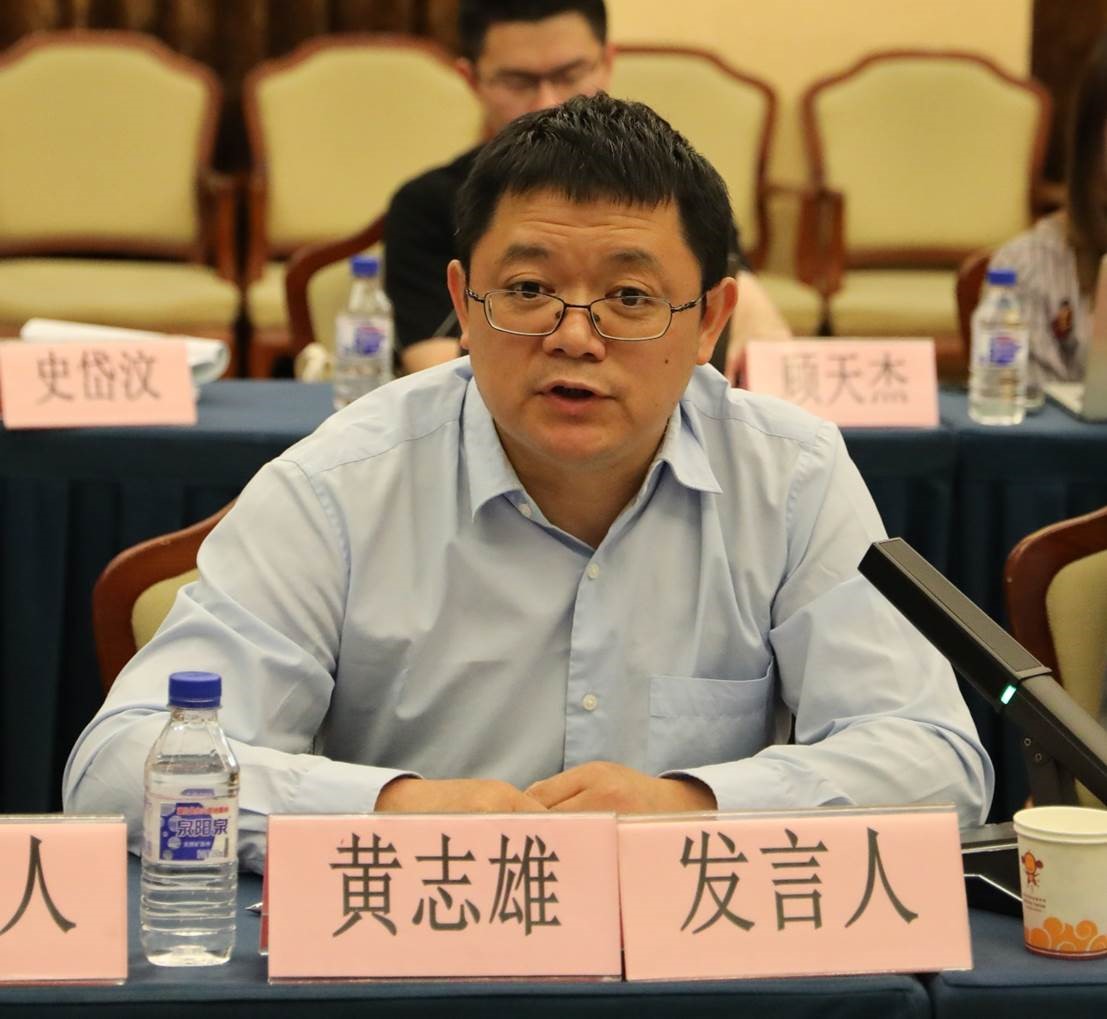
The fourth topic is about human rights in international law, presided over by Zhang Xin, a PhD candidate of Jilin University Law School. Four candidates, Baumergen from Jilin University Law School, Chen Zhuoer from Zhejiang University Guanghua Law School, Wei Xinyu from Wuhan University Law School, and Zhao Jianzhou from Jilin University Law School, respectively delivered an academic speech. They elaborated the right to travel under the background of emergency, extraterritorial human rights obligations of the home country, international law regulation of information operations of national intelligence agencies, and the politicized human rights narrative from the perspective of the Cold War. On the basis of affirming the topics selected by several students, Professor Liu Huawen suggested that students should standardize the annotation style of their papers and analyze problems under the framework of international legal rules.
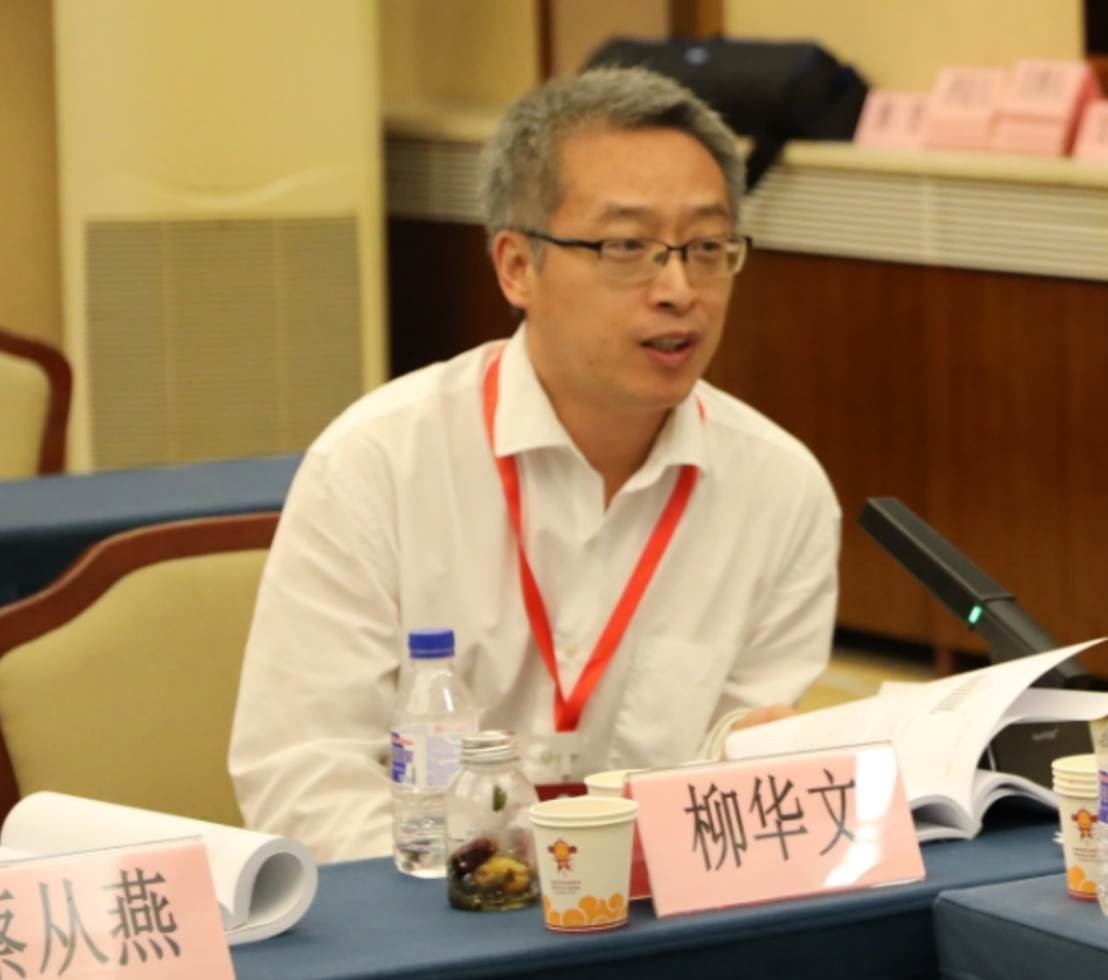
The fifth topic is about the construction of the rules of international law, chaired by Baumergen, a PhD candidate of Jilin University Law School. Four candidates, Deng Weiyu from Wuhan University Law School, Shi Daiwen from Wuhan University Law School, Wang Yunhan from Jilin University Law School, and Zhang Xin from Jilin University Law School, respectively delivered an academic speech. They mentioned the application of the principle of proportionality of countermeasures in cyberspace attacks, data sovereignty game, the challenge of autonomous weapons systems to international humanitarian law, as well as the trend of international environmental legislation. As the reviewers of this topic, Professor Liao Shiping suggested that students should choose first-hand sources, avoid quoting second-hand sources, and read more and read intensively relevant cases of international law.
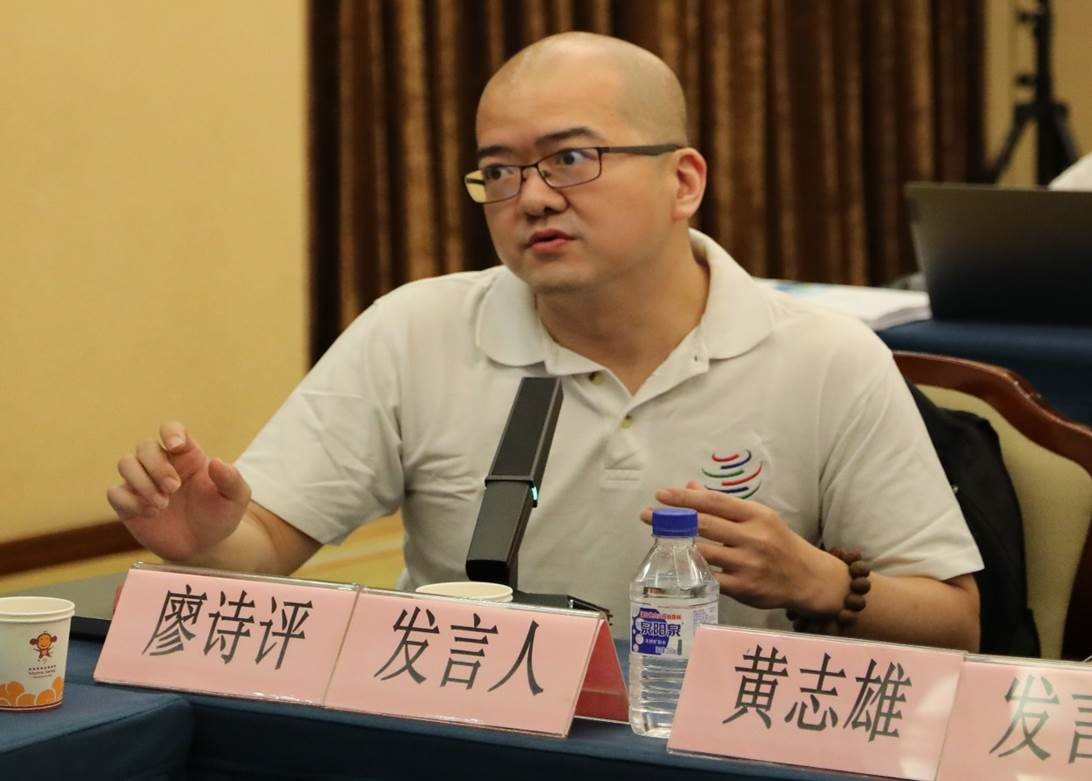
The sixth topic is about the tension between the subjects of international law, chaired by Liu Jie, a PhD candidate of Xiamen University Law School. Four candidates, Liang Leiting from Wuhan University Law School, Liu Guowei from Zhejiang University Guanghua Law School, Liu Yuqi from Wuhan University Law School, and Wang Yifei from Xiamen University Law School, respectively delivered an academic speech. They discussed the application of customary international law in cyberspace, partnership in the context of international law, the application of the principle of non-intervention in the internal affairs in cyberspace, and counterclaim jurisdiction in ICJ. And then, Professor He Zhipeng shared the skills of improving paper writing with students from the four dimensions of listening, speaking, reading and writing. He pointed out that at the beginning, the paper should be written in the simplest structure and should not be too complicated. It should be like a beam of light, which can illuminate others though simple.
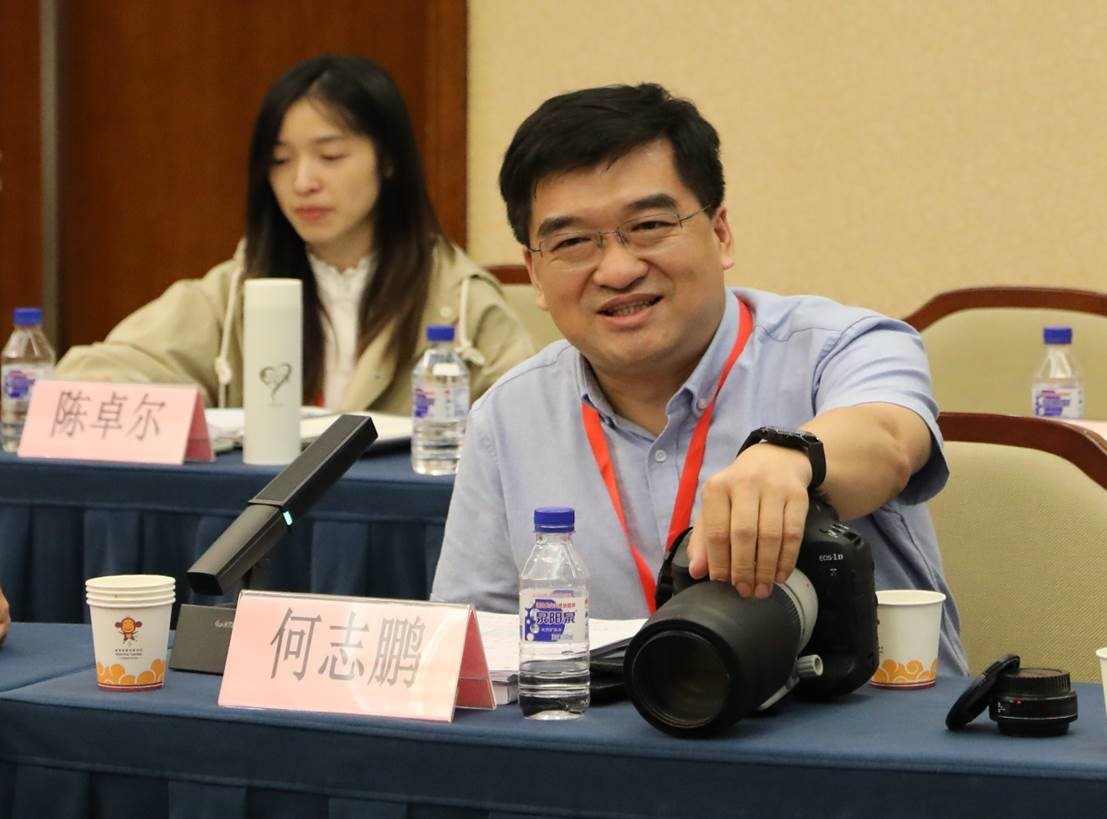
After two days of discussion, the forum entered the closing ceremony. Professor Lu Guangjin of Jilin University Law School commented on the seminar. Professor Lu Guangjin believed that the issues discussed by the participants are of great practical significance and are good at combining them with the country’s development practice. This kind of academic exchange form of teacher-student forum has provided good help for the academic development of today’s China. The students worked hard and did their best, and the teachers’ academic comments were also very good. Each teacher carefully pointed out the place to be improved, this style of study, spirit and attitude are very gratifying.
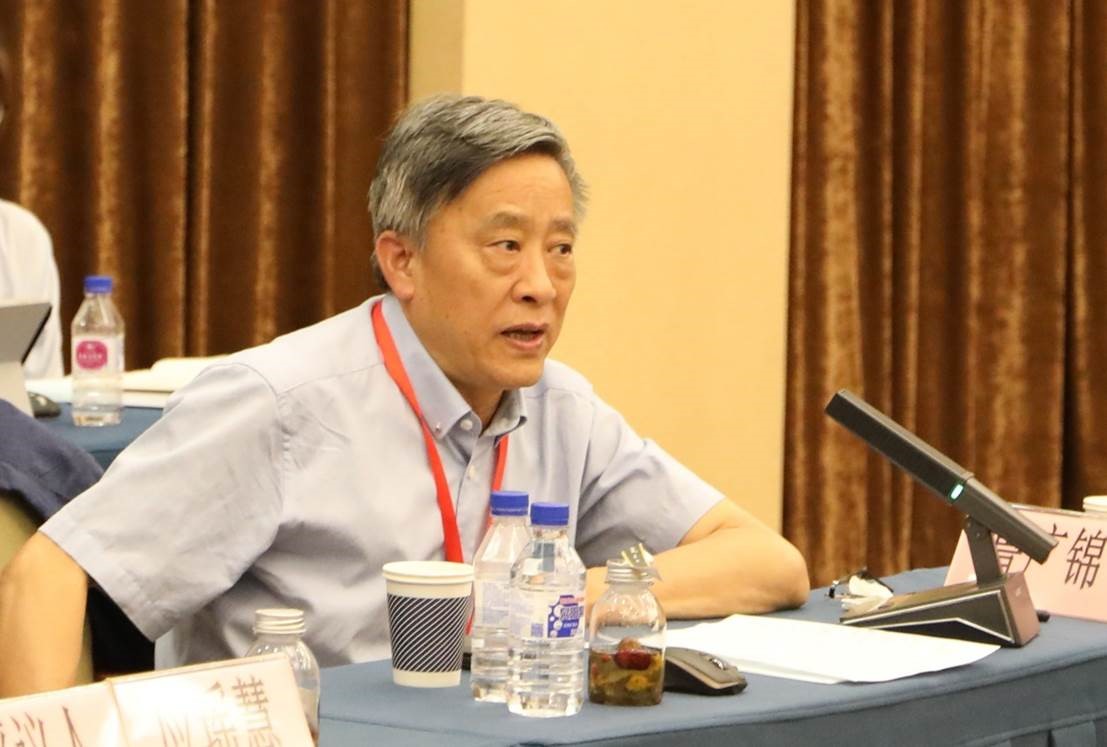
Finally, Professor He Zhipeng made a summary of this meeting. He pointed out that, first of all, he saw the students’ energy and passion at this meeting, and expected them to have a better performance in the next forum. Secondly, he felt everyone’s academic modesty and positive communication attitude. Finally, he would like to thank Professor Lu Guangjin for his wonderful guidance and all the teachers and students for their support to this conference. He would like to point out that it is because of their sense of responsibility in their own career that the cause of international law in China can continue to develop and progress.
As the organizer of the conference, our college attaches great importance to this forum. The whole college works together with concerted efforts. Many teachers and student volunteers have been working diligently for many consecutive days in preparation for the conference. Their hard work was unanimously recognized by the participating guests, and contributed a great deal to the successful convening of the International Law Teachers and Students Forum.
